As a much older, bossy sister, it is hard to admit that my baby brother has been such an influential teacher to me for half a century. But, the past few weeks, as he has endured serious health issues, including emergency open heart surgery, I have been reminded of some of the strengths he’s demonstrated time and time again, including adaptability, persistence, and most of all, resilience.
My brother hasn’t chosen the easiest path to make a living: he breeds and trains working German shepherds. He started the business when he was still in undergraduate school at Auburn University and grew it through many years of struggle as he was working on his master’s in liberal arts at Auburn University-Montgomery. While there, he focused on media and computer studies that have all been helpful in conducting his business, which included creating and maintaining his website: Schwarzerhund.com. His dogs are some of the most intelligent, powerful, and beautiful creatures you will ever have the privilege to meet.
My brother is no stranger to adversity. On April 27, 2011, less than two weeks after the death of our sister Ronda and the evening of the day he defended his master’s thesis, Rob’s trailer, right next to my parents’ house, was destroyed by one of the EF-4 tornados to strike Alabama during the historic super tornado outbreak that year.
Around 10:00 pm, my brother had fallen asleep in front of the television and did not hear the news of the approaching tornado. He did, however, hear the tell-tale sounds of wind rushing like a locomotive bearing down on his vulnerable home. He and the young German shepherd he was caring for sprinted across the lawn to my parents’ house. My mother, also unaware of the approaching tornado, had just locked the door when Rob started pounding on it, yelling, “Mom, you’ve got to let me in or I’m going to die.”
He made it inside, but as soon as my mother closed the door behind him, the tornado struck. My brother recalls how they could hear the roof creaking and giving way as half of it was sucked up into the vortex. Somehow, they made it to the hallway, where they met my father, who had mobility issues due to diabetic neuropathy, coming out of his bedroom. They headed to the bathroom and stood huddled in the tub waiting for the storm to pass, which it did shortly after.
They were safe. That was the main thing.
However, the damage was extensive; my brother knew that, but he didn’t have time to fully take stock of everything that happened. Once he made sure my elderly parents were in an undamaged room of the house and safe, he found the house’s insurance information, but of course the phone lines were out, and at that time, cell coverage was spotty at best in that area of Chambers County, one of the poorest in the nation.
So, he called his big sister. At first my husband and I couldn’t hear much, but made out the word tornado, and looked on the Weather Channel’s website to see the news of the huge storm. The radar showed the cells all over Alabama. We were helpless, though, until Rob was able to navigate around all the fallen trees and drive close enough to a town to get cell reception. Because of Rob’s quick thinking, I was one of the first to call and inform the insurance company of the disaster, so my family was able to quickly receive help.
Rob made a few other essential calls and then headed home. When he drove up to the house, the dog that had followed him from the house across the yard, that he thought was lost in the storm, came running up to him unharmed. She must have been able to get under the house. That was the first of many miracles that kept him going in all the many months following the tornado.
To my credit, I did do my share, helping out as much as I could, especially with my parents by securing a place for them to live while the house was being rebuilt and visiting as often as I could, but it was my brother who adapted his entire life in order to manage the property and his business after the storm. He stayed at the farm, at first sleeping under the carport in a recliner with a shotgun to ward off looters while protecting and caring for his beloved dogs. Of all the dozens of animals he cared for at the time, he didn’t lose any in the storm itself, and only two died as a result of injury and trauma–A miracle that such a powerful storm did not take more lives.
To my discredit, however, I did try to play the big sister at one point. I admit that I got pretty bossy and critical during that time, and my little brother finally had enough. He told me, “Katie, you’re going to have to make a decision. You’re either going to have to come down here permanently and run the show, or you’re going to have to trust me to do it.” I learned two valuable lessons that day: Number 1–Little brothers grow up and become men. Number 2–People have to be given a chance to handle things their own way–they have to be trusted.
That last lesson really helped me as an instructor to adult students. I learned that I was actually hurting my students if I gave them too much direction, if I didn’t allow them to discover things on their own, even if they had to experience painful trial and error. That’s the only way we really learn anything. During the years of recovery, my brother made some mistakes, but he pulled through and has brought the farm and his business back from the devastation of the tornado, a credit to his tenacious spirit.
This last trial that my brother has been through, enduring sextuple heart bypass surgery, has once again proven his persistence and resilience, his ability to adjust and adapt his best laid plans. Also, in the midst of that, he has maintained an optimism that defies his circumstances. He has shown humility and gratitude, allowing medical professionals, friends, and family to enter into his private world and help him. This is easier said than done for an independent introverted bachelor, but he has done it and has grown as a person as he has adapted to his new reality.
I took Rob to his first doctor appointment with his primary physician following the surgery, and his nurse read from the cardiac ICU report. It said, “Robert Whitlock is a 54-year-old male and a very nice man.” An understatement. He’s also the best little brother anybody could ask for.
And he’s not a bad teacher either.

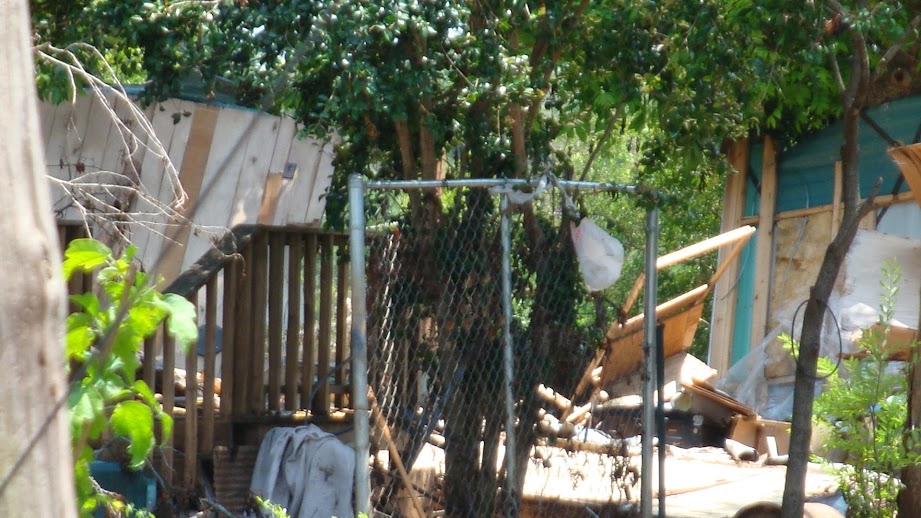
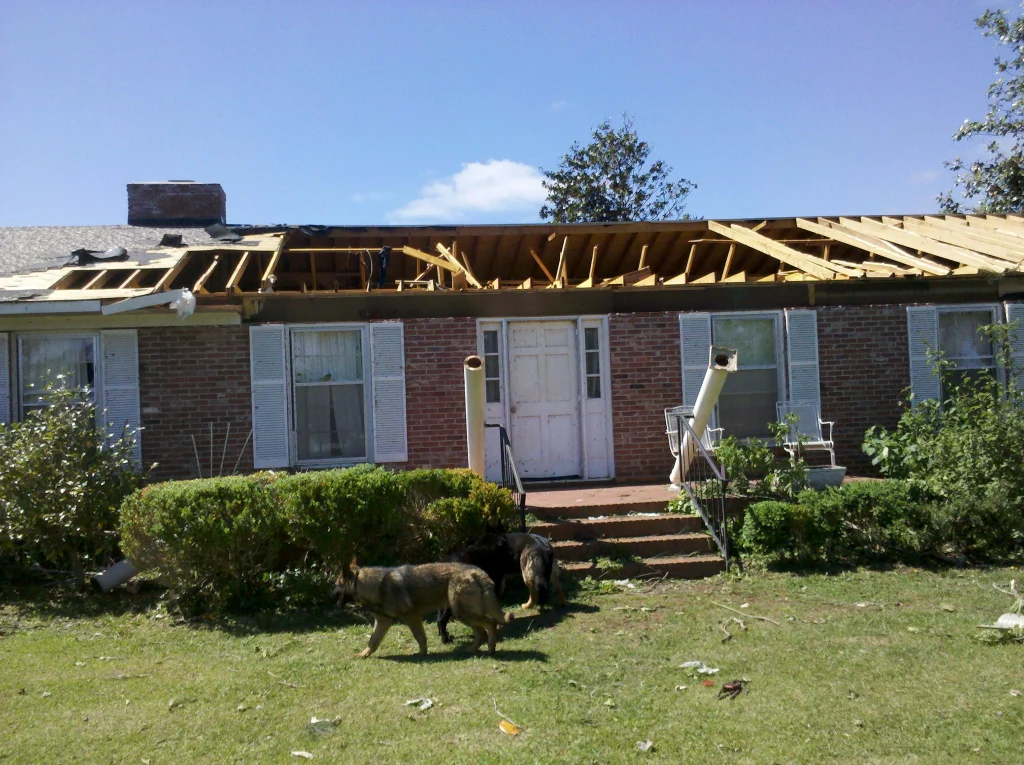
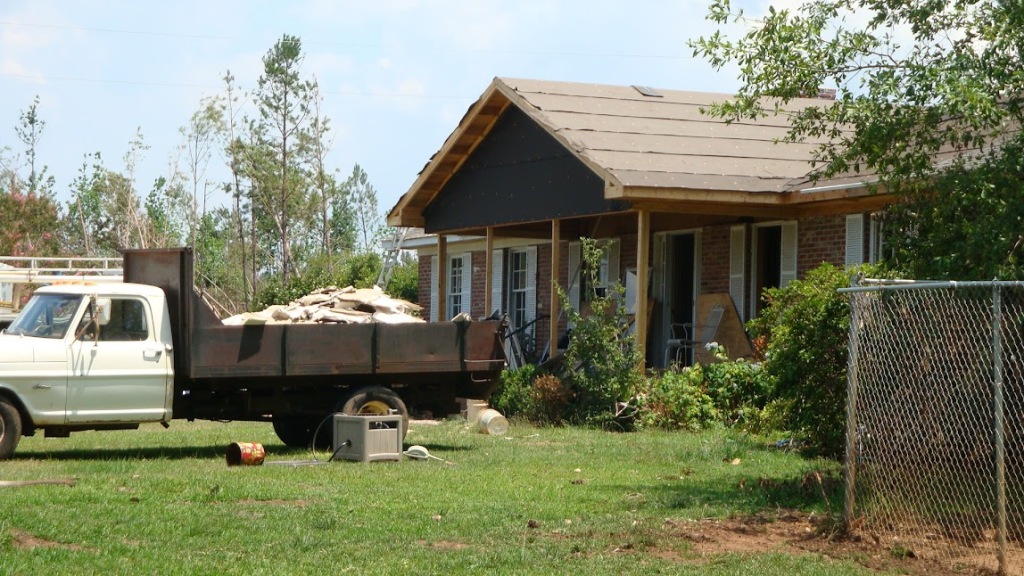
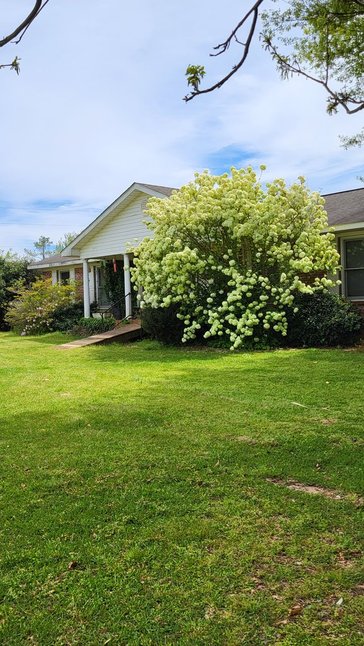

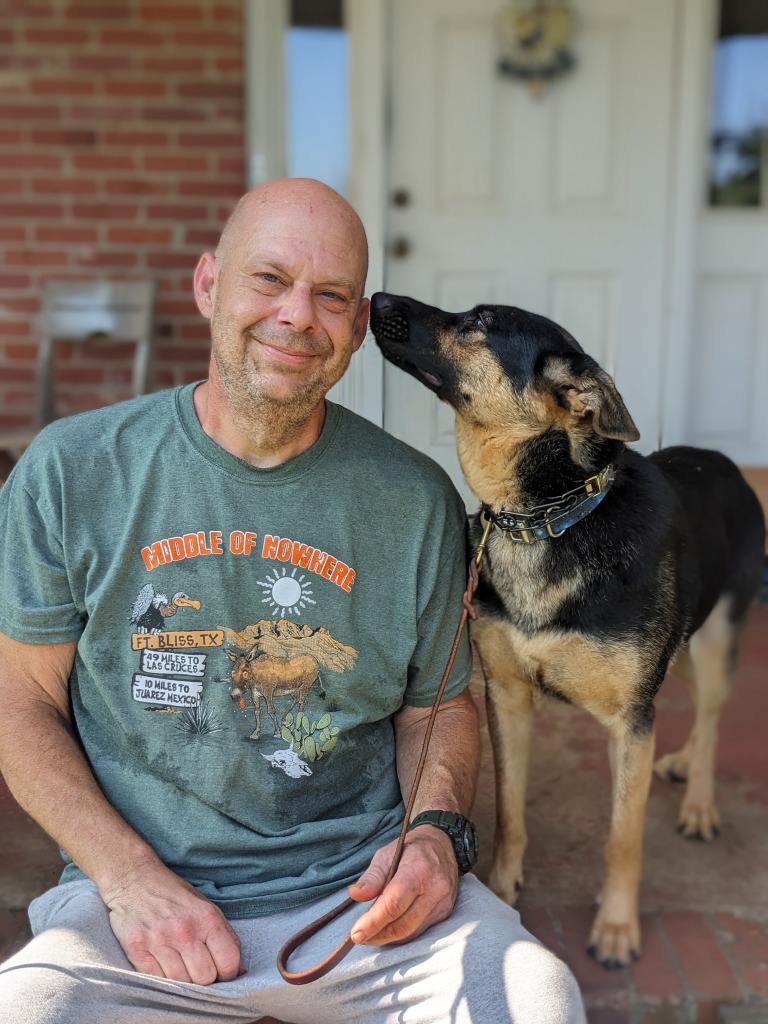














 ike many college students that I teach today, when I was in college, not only was I a full-time student, but I also had two jobs. I worked as a secretary in the German department (I majored in English and German), but I also worked as a hostess and cashier at my friend’s parents’ Chinese restaurant–The Pagoda, where I received an education of a totally different sort, but equally as important, to me anyway.
ike many college students that I teach today, when I was in college, not only was I a full-time student, but I also had two jobs. I worked as a secretary in the German department (I majored in English and German), but I also worked as a hostess and cashier at my friend’s parents’ Chinese restaurant–The Pagoda, where I received an education of a totally different sort, but equally as important, to me anyway.
 Oh, so many memories of that time–
Oh, so many memories of that time–







 Canyon. Even then the “Woodstock” track on that album didn’t appeal that much to me. I preferred the rock version by Crosby, Stills and Nash. Other tracks resonated with my single, 20-something self–“Big, Yellow Taxi” and “Conversation,” especially.
Canyon. Even then the “Woodstock” track on that album didn’t appeal that much to me. I preferred the rock version by Crosby, Stills and Nash. Other tracks resonated with my single, 20-something self–“Big, Yellow Taxi” and “Conversation,” especially.

